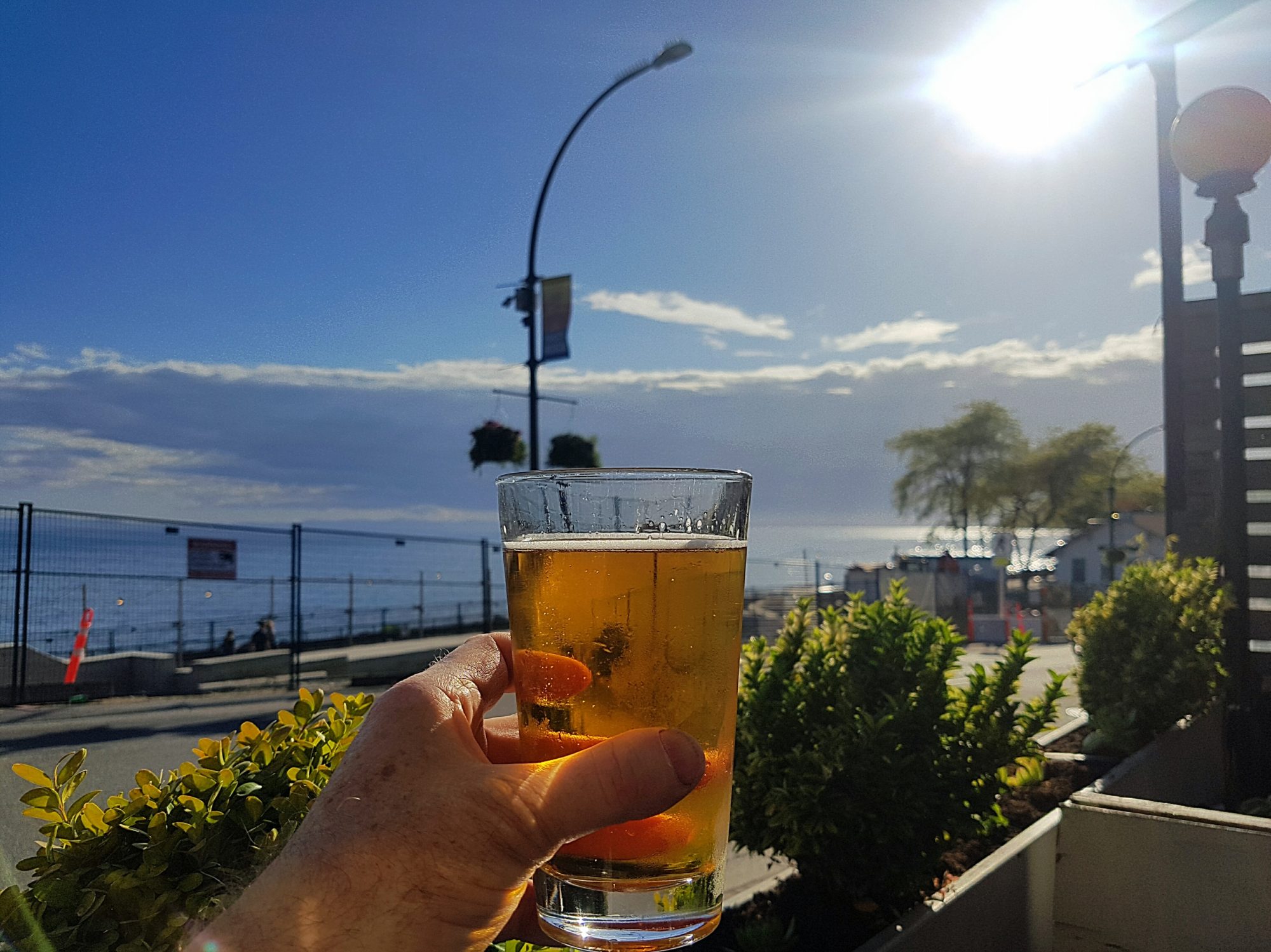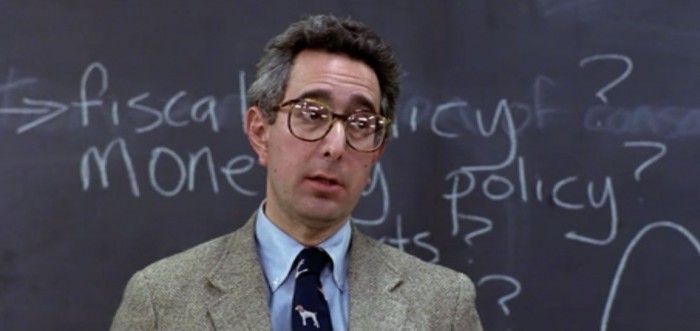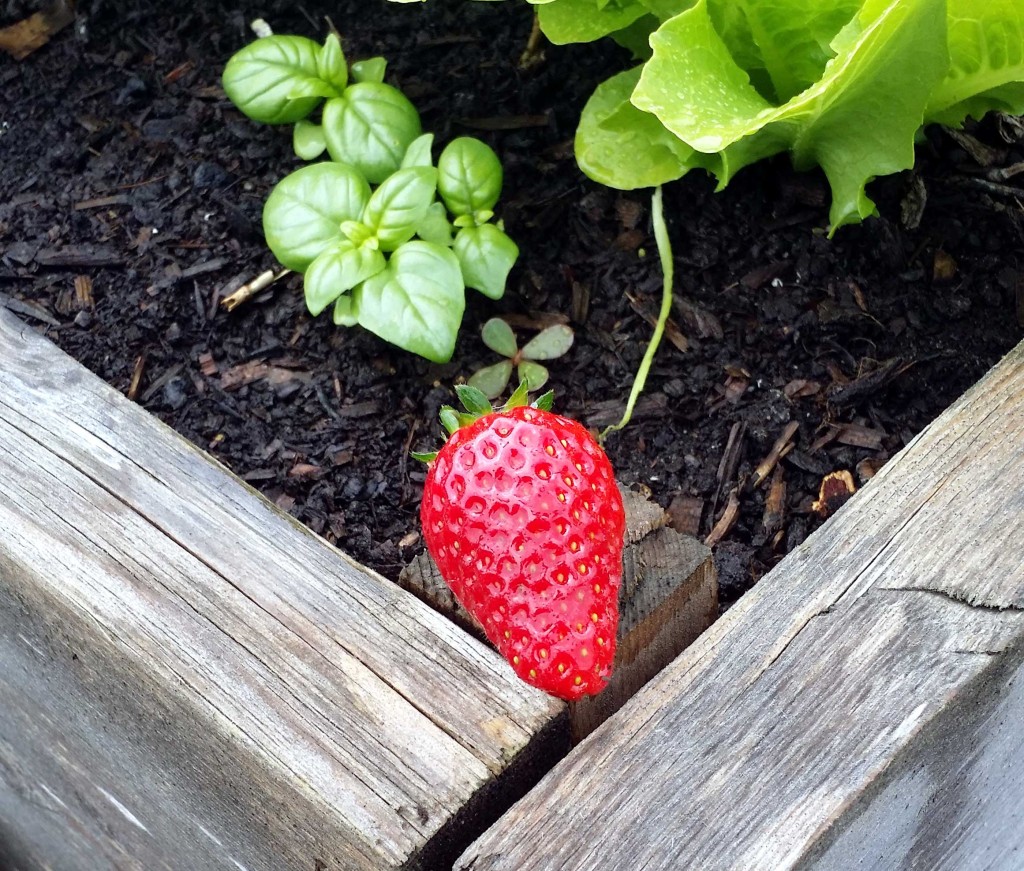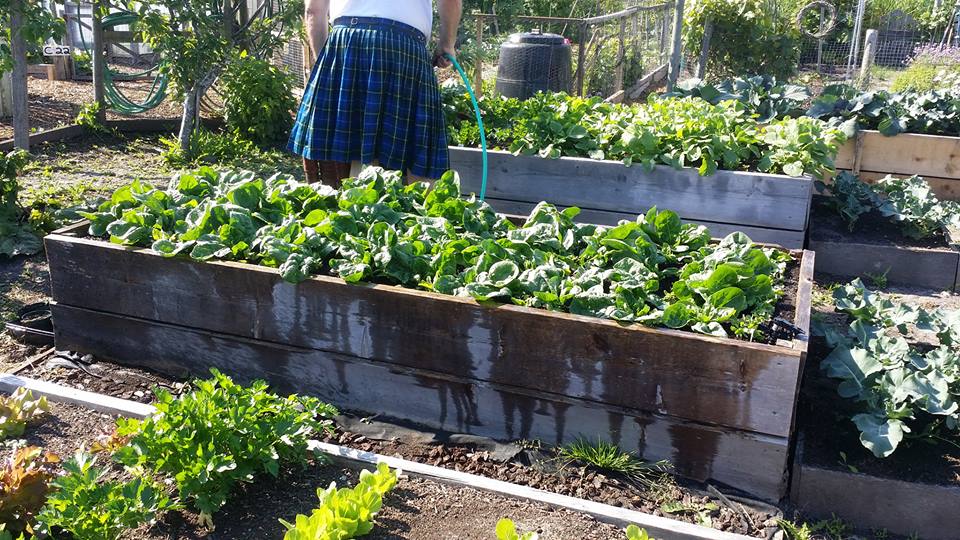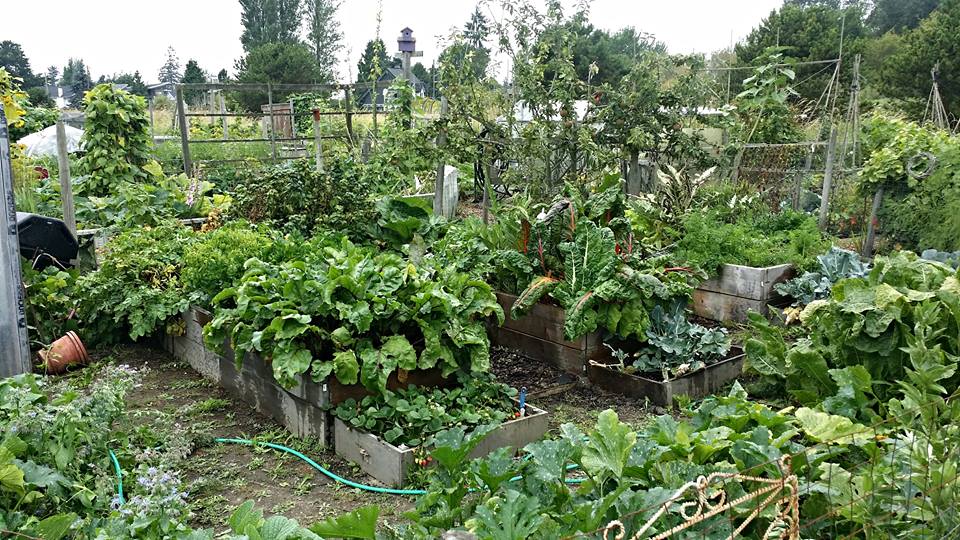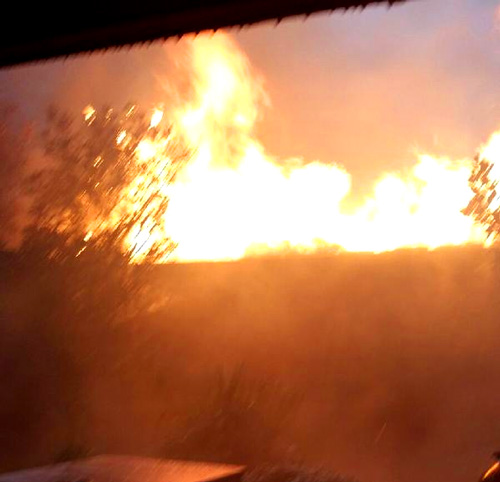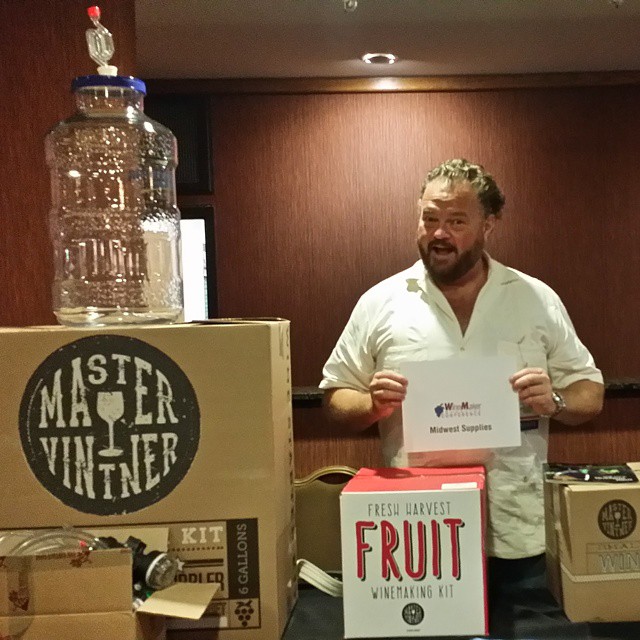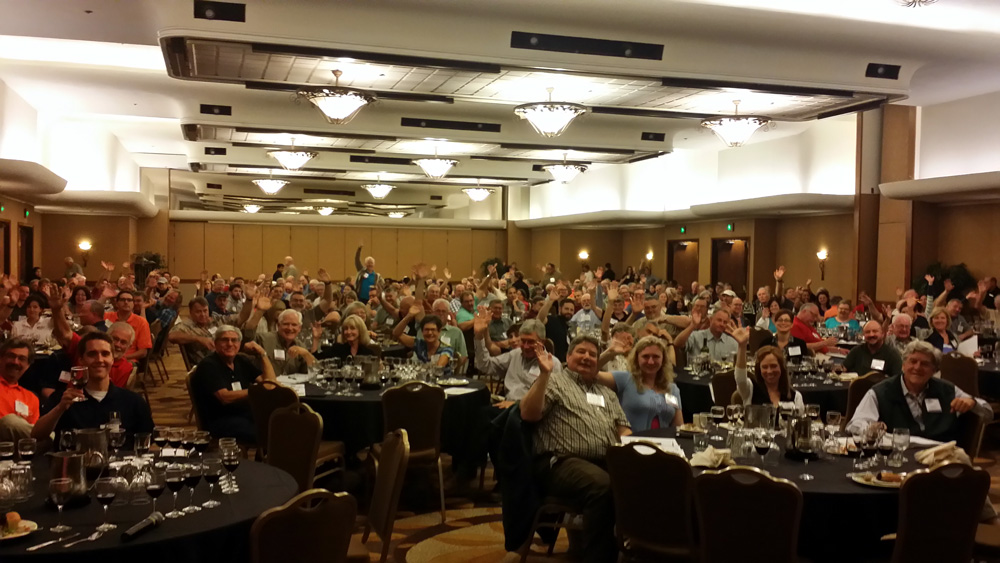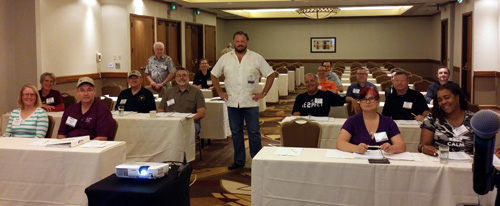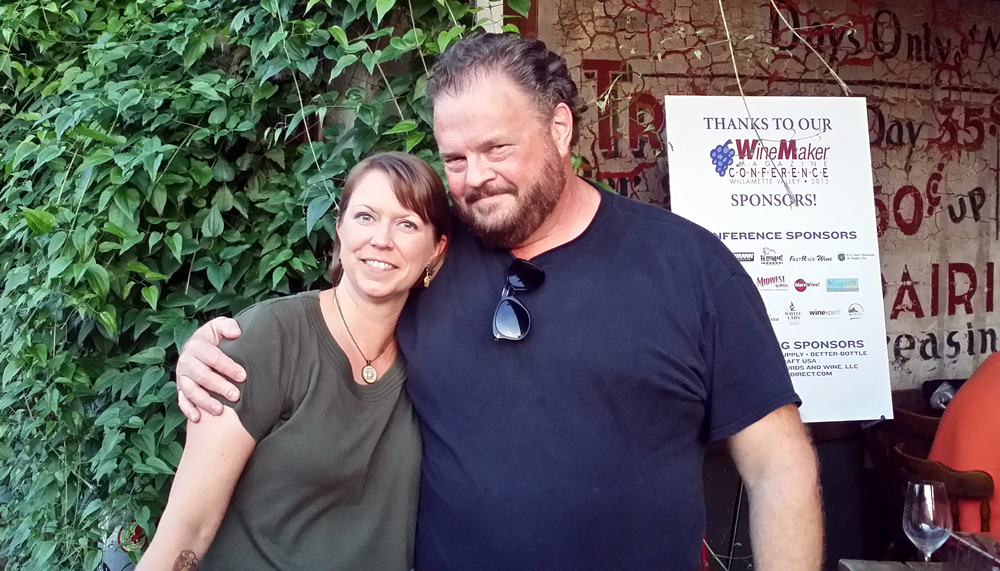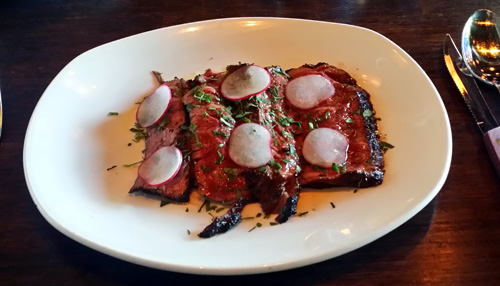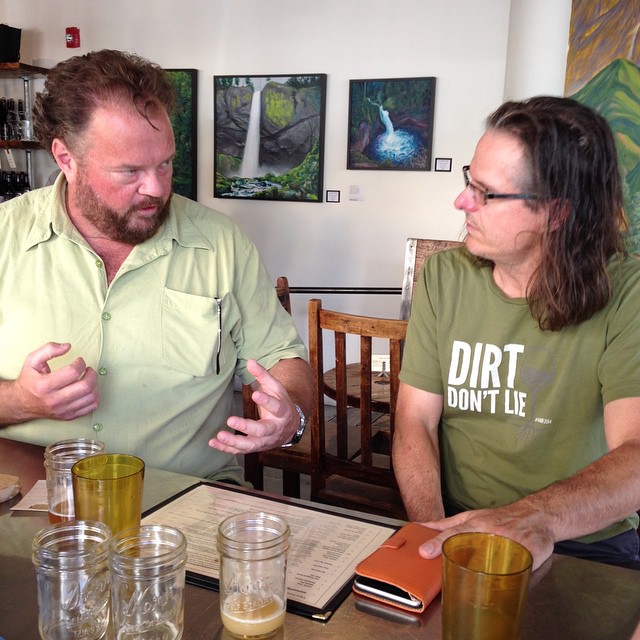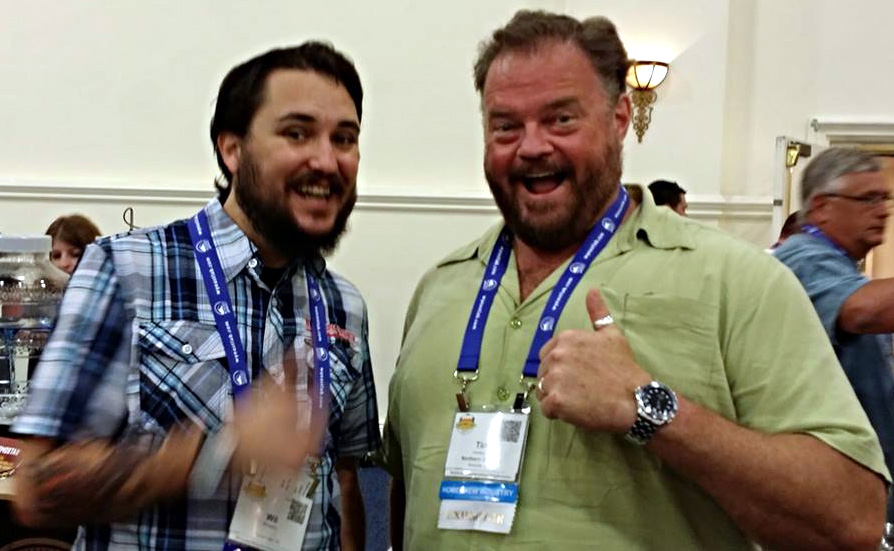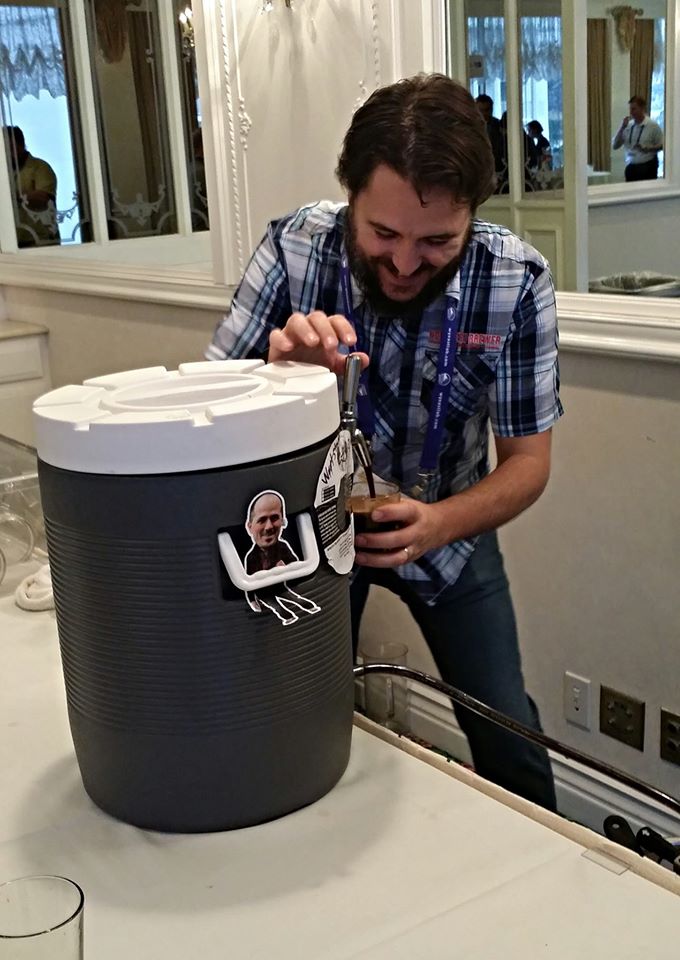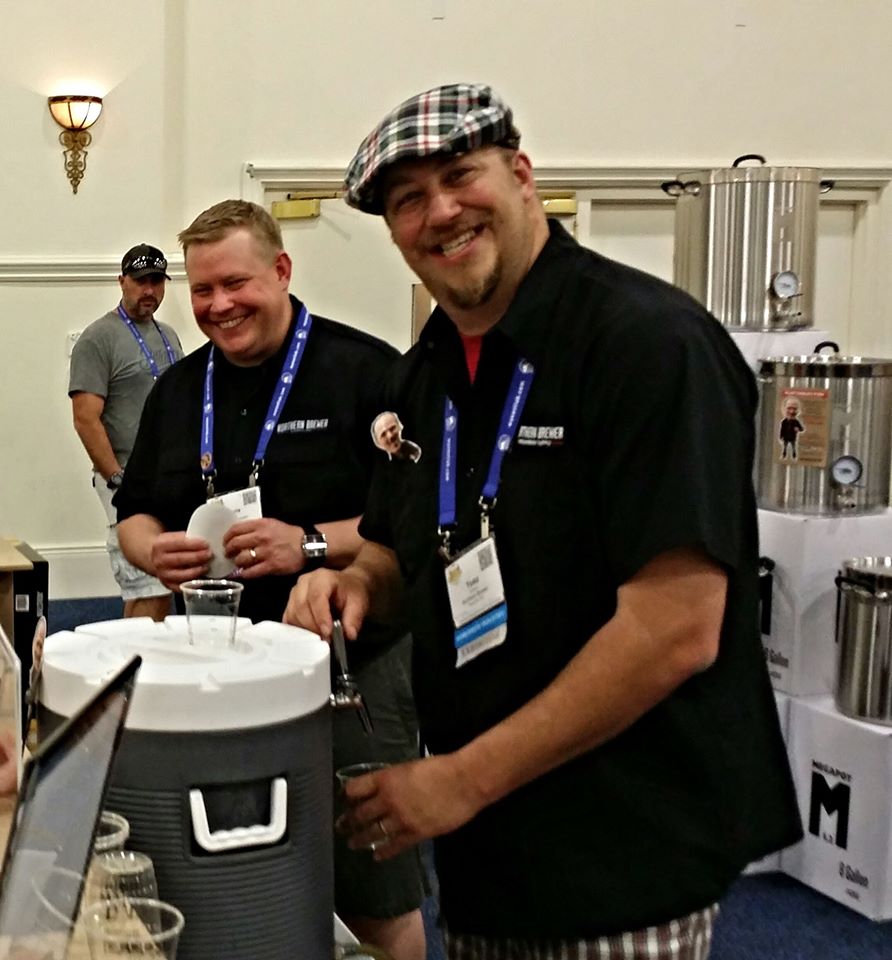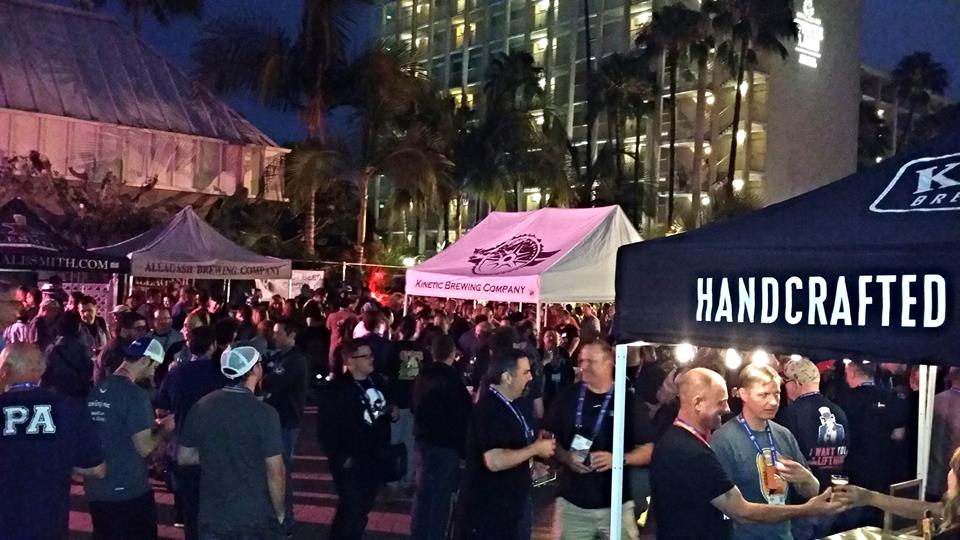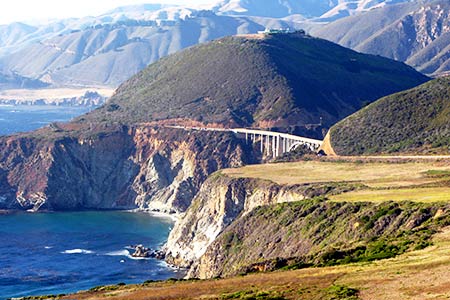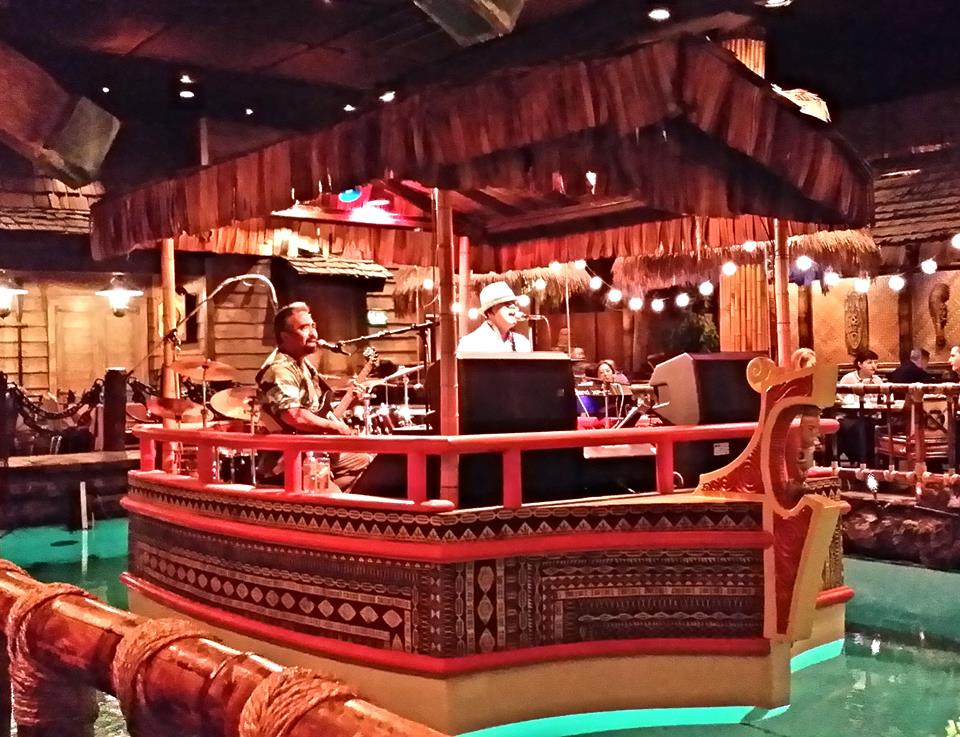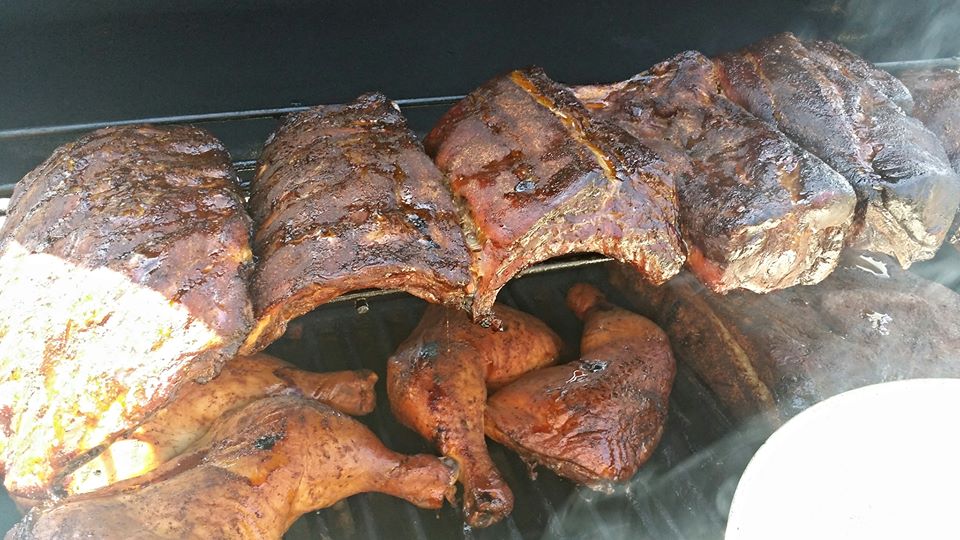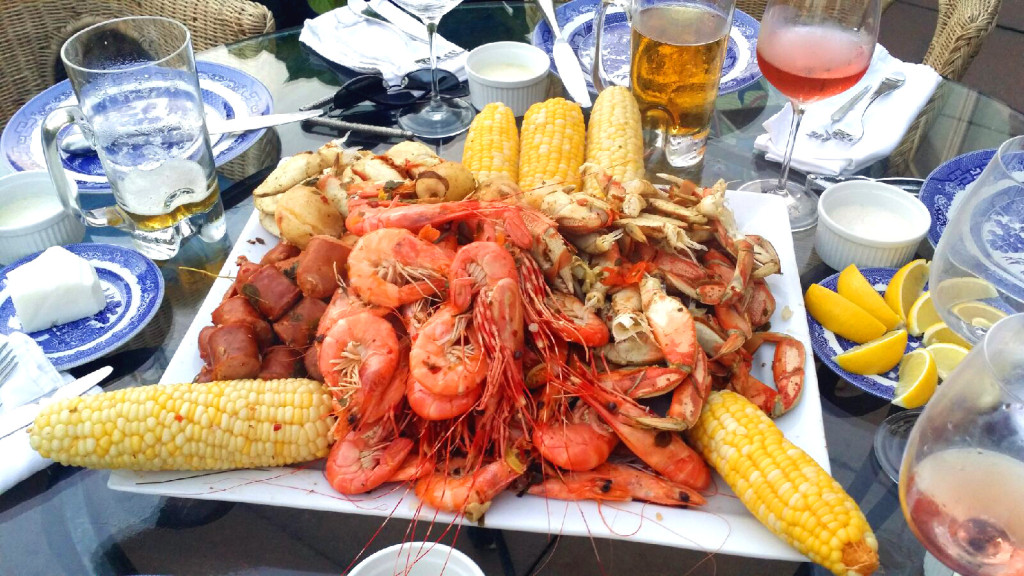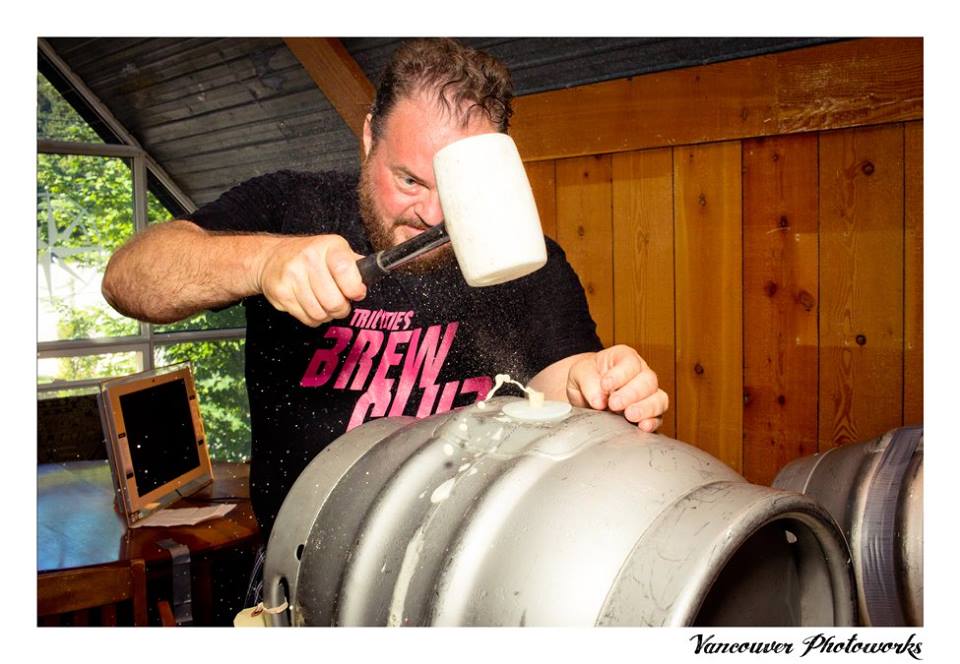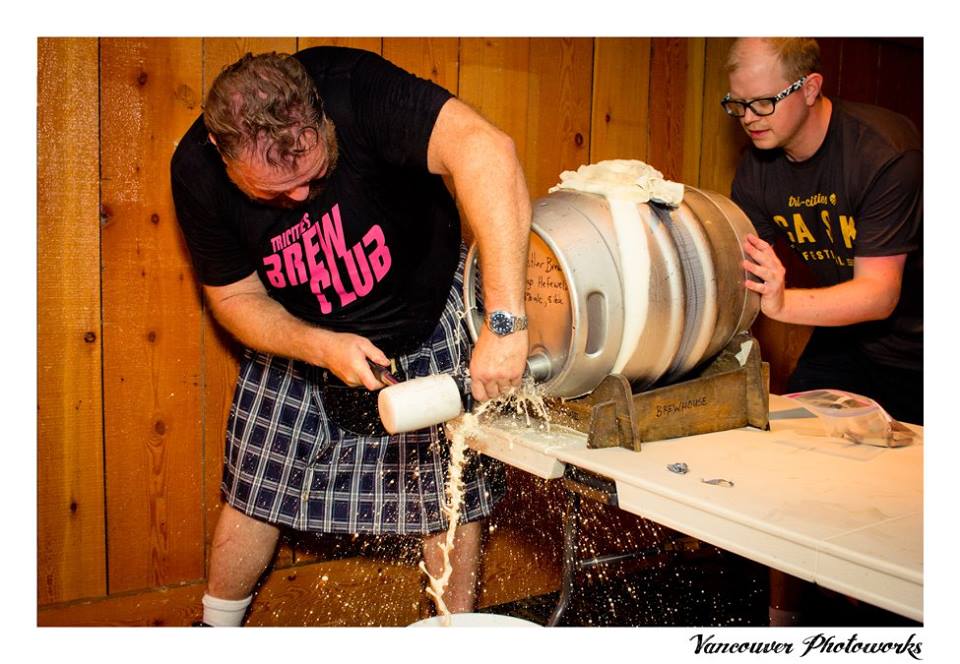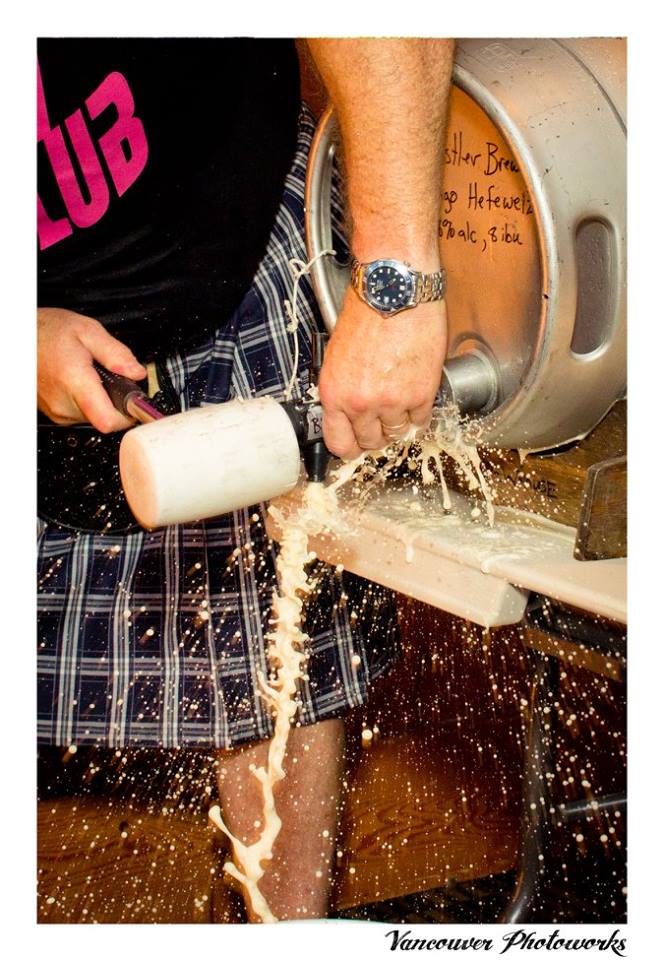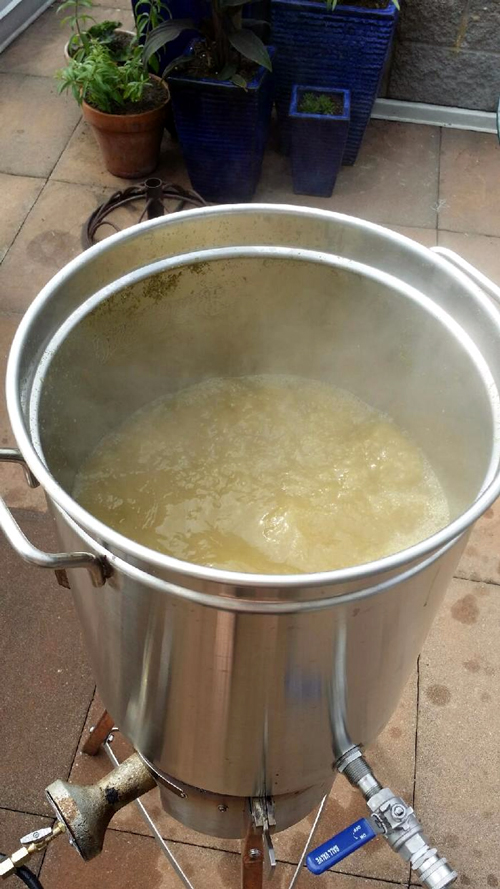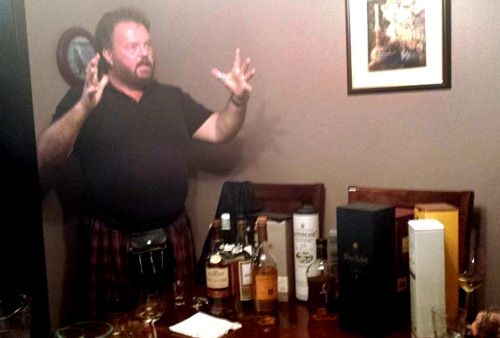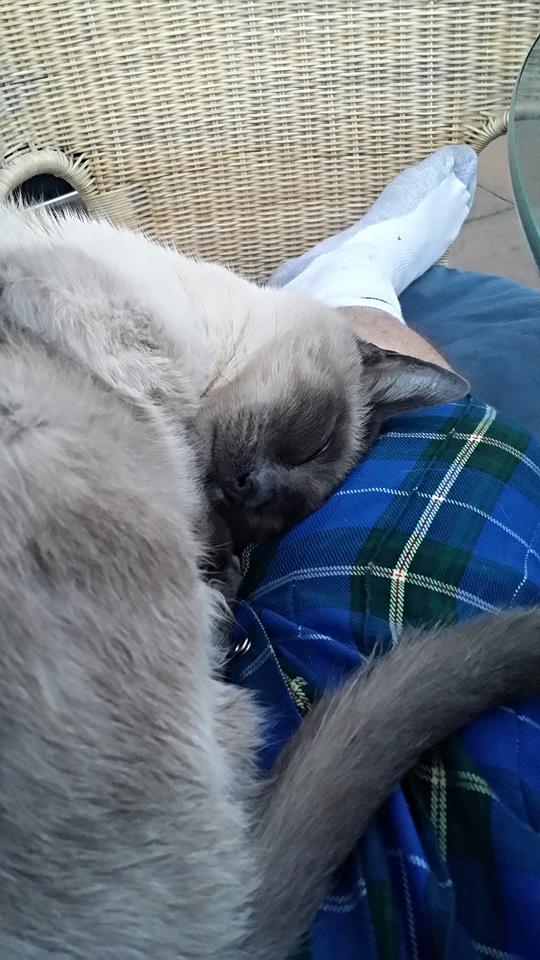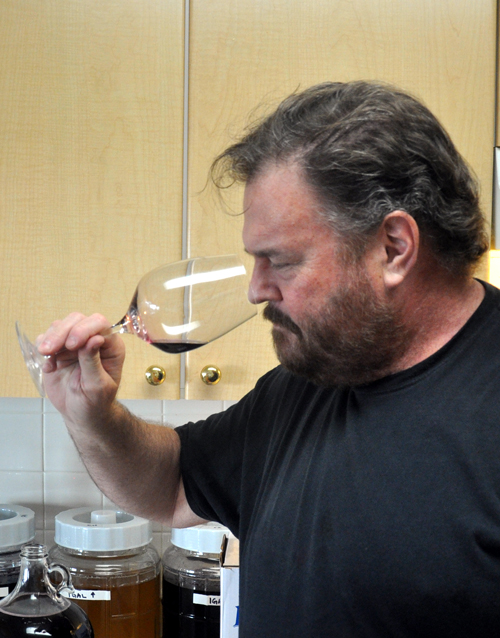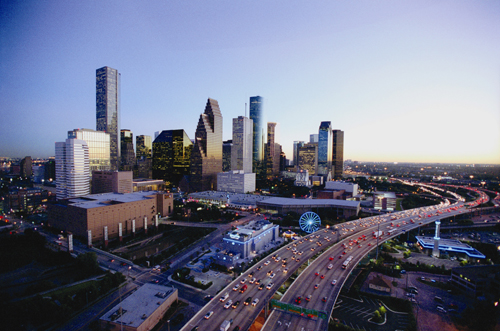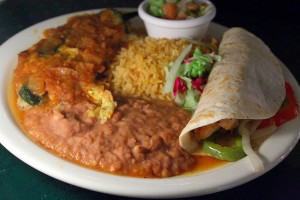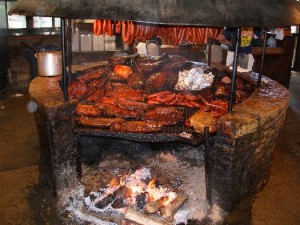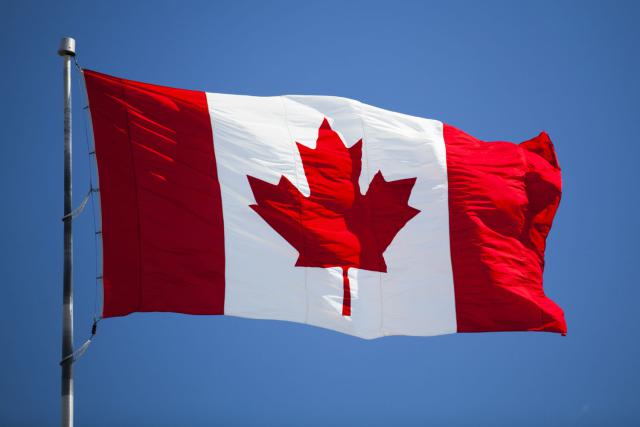
Today is Canada Day, the 149th anniversary of the enactment of the Canadian constitution, Canada’s Birthday.
For those unfamiliar with our history, you can catch the whole thing on Wikipedia . The short version is that unlike countries that were former colonies that threw off the yoke of the oppressor through conflict, Canada did not go through war to become what it is. We actually just sort of happened when we smooshed up the former British colonies of Nova Scotia and New Brunswick with Upper and Lower Canada (now called Ontario and Quebec) into a Dominion.
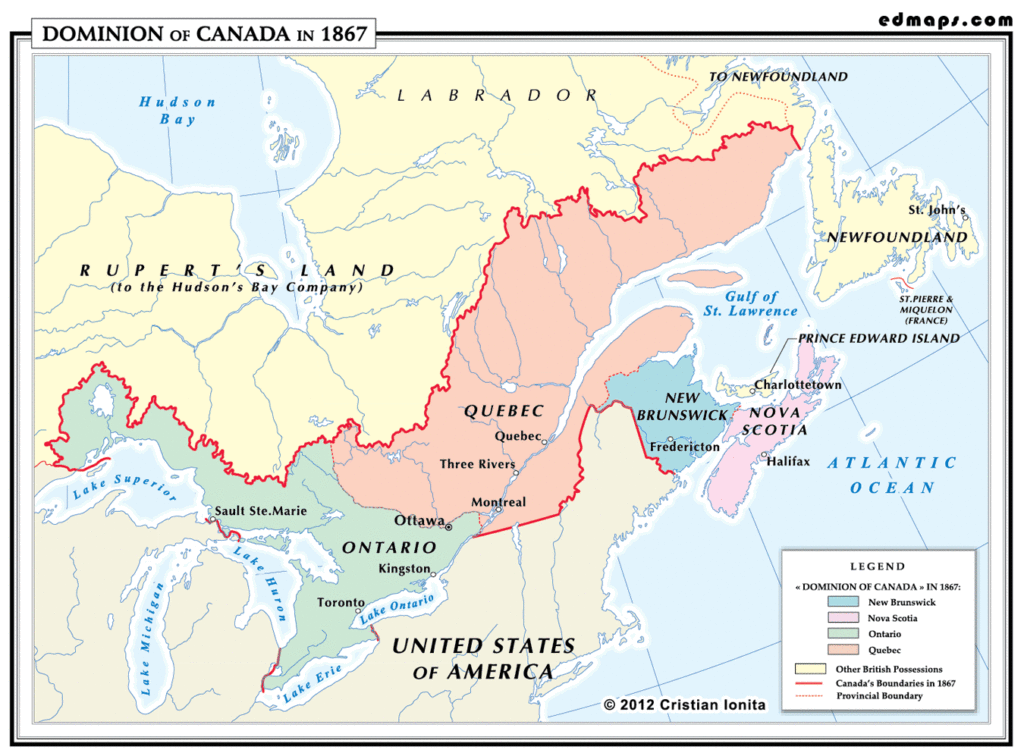
We weren’t quite a country of our own at that time, more a semi-independent kingdom still partly ruled through British parliament and the Cabinet, but in typical Canadian fashion we didn’t get too worried about it for the next century, but rather slowly shed the Queen’s oversight until 1982 when the Blessed Saint Pierre Trudeau (my the gods rest his soul) repatriated our constitution (by literally taking it from England back to Canada, no less).
As a country we’re a parliamentary democracy, although still nominally under the control of the British Crown: the head of our government is actually the Governor General, the Queen’s representative, who actually has the real, legal power to dissolve our democratically elected government should the situation arise.

But that would be un-Canadian. Not the done thing, at all.
I got to musing on this as I was designated driver for a group this week, and one of the people there was on the verge of getting his Canadian citizenship as a recent immigrant. Fueled by a festive sense of the impending holiday (and several hours of an open bar at a wedding) he asked, ‘What is Canada day about, anyway? What does it mean to Canadians?’

It’s a fair question, and one that’s simultaneously easy, and yet impossible to answer. On the surface, Canadians take the day off and hang out at the cottage or the beach or at home. We grill (Americans, don’t listen to Canadians who say they barbecue: 99% of them are grilling. They mean well, but we have a long way to go to catch up to American ‘Q) and have a few beers, spend time with our family and generally don’t think too deeply about the greater meaning of the holiday, although we’ll wave a flag or wear a temporary Maple Leaf tattoo, and later we’ll go down to the park and watch some fireworks.
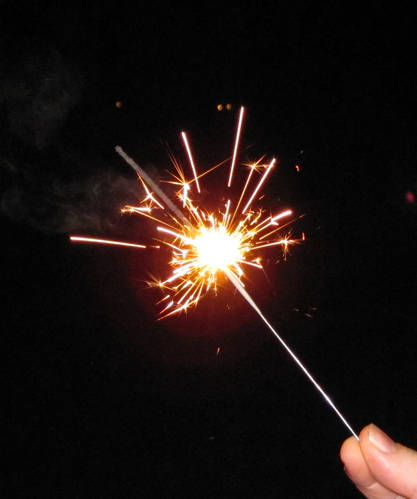
Our fireworks are rarely as intense as American 4th of July pyrotechnics. I’ve always thought that it was partly because we’re more cautious, and partly because we’re like the guy on the cul-de-sac who lives next door to the house that has 100,000 Christmas lights that sync up to music and can be seen from outer space. You don’t compete with that, but you do show up and do your best.
If you pinned down a Canadian, however, and really got them to think about what it means to be a citizen of our country, you’d get an amazing array of answers, from the profoundly moving stories of people who came here are refugees from oppression, to the deeply nostalgic ones of people who fought for our country, both in wars and in the battle for social justice and inclusiveness that are part of our national identity, and even fiercely patriotic ones who see a shining light in the accomplishments of Canada as a nation and friend of nations.
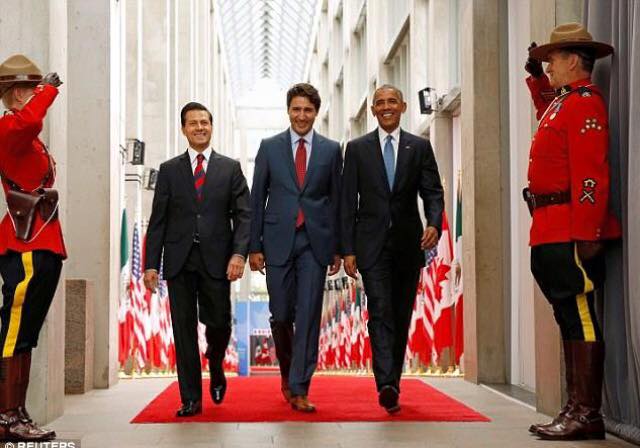
Here’s the thing: Canada doesn’t get a tonne of press, unless it’s people admiring our sleek new Prime Minister. A friend of mine coined a phrase that resonates deeply with me: Canada is the designated driver of North America. That’s a wee bit passive-aggressive, but the image of duty and a sober hand at the controls is accurate in many ways.
We’ve played important roles in both world wars, but then we invented the concept of modern peacekeeping. Although it took a long time, we have recognised the wrongs we did to our Aboriginal populations and apologised, deeply and fully, and we’re now working on our reconciliation. We welcome immigrants from all over the world, but rather than demanding that they assimilate, we celebrate their diversity and culture, more like a tossed salad than a melting pot. We established the Division for Human Rights at the UN, and have been part of ever UN mission since 1957, and when America suffered a great tragedy on 9/11 our country took in hundreds of airplanes and opened our homes to American travelers.
I could go on, but that would be bragging, and that’s not the Canadian way. But I can tell you two things that summarise the way Canada really is.
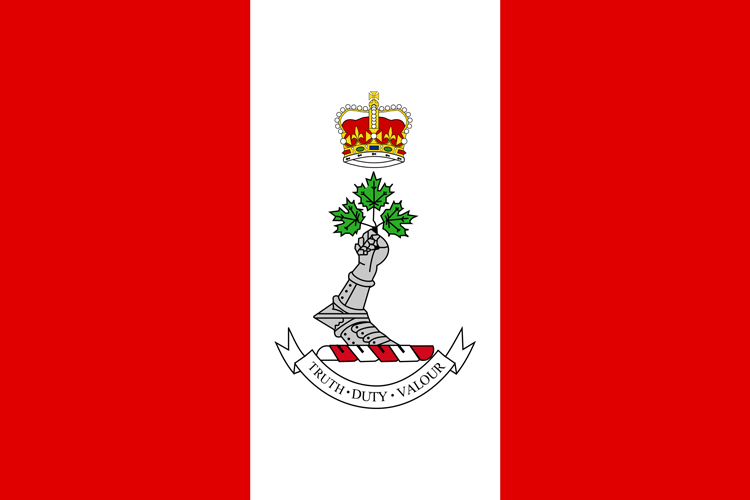
First, the Maple Leaf flag was not the product of war, colonies uniting, or a struggle for independence. Instead, it was cribbed from the Royal Military’s college flag, that was red-white-red, but had a mailed fist clutching green maple leaves. Rather than the martial symbol, a single maple leaf was substituted.
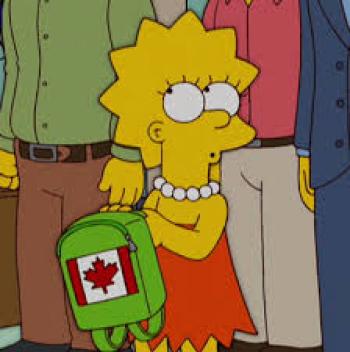
It was then tacked up on a wall among other flag designs and in a classic Canadian move people were consulted, committees were formed and votes were taken, until it was finally adopted in 1964, to be stitched to the backpacks of Canadians travelling around the world. It’s a product of thoughtfulness, inclusiveness, compromise and, eventually, quiet pride.
Second, Canada’s national broadcaster, the excellent CBC Radio, held a contest to come up with a Canadian phrase to mirror the proudly American qualifier, “As American as apple pie”.
The winner? “As Canadian as . . . possible, under the circumstances”.
That’s my country. See you at the fireworks, let me know if you need a designated driver.
